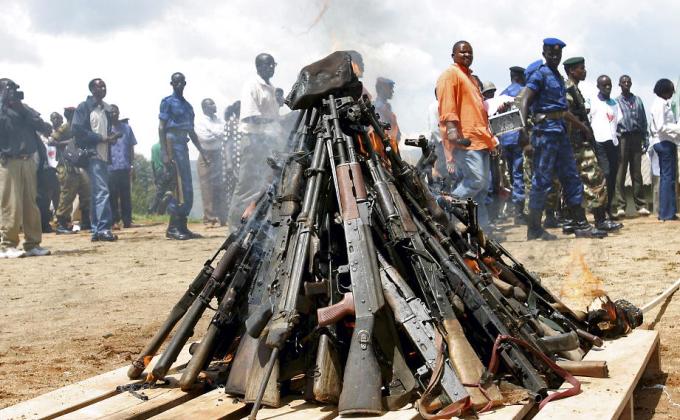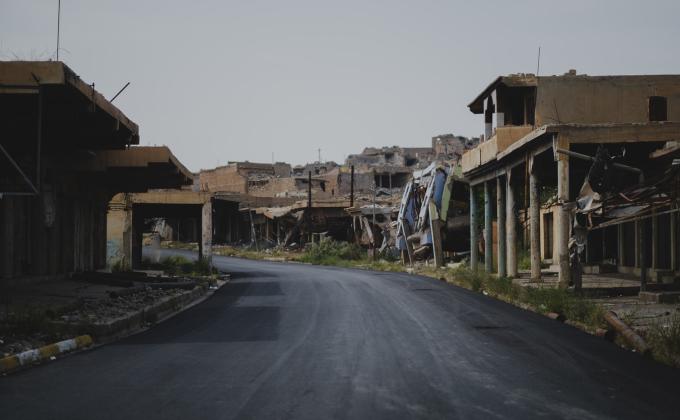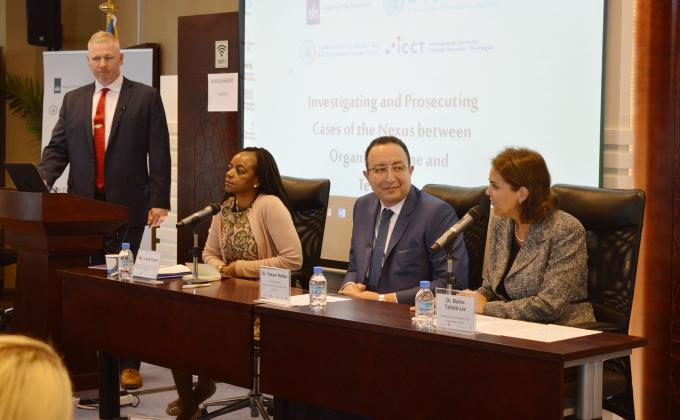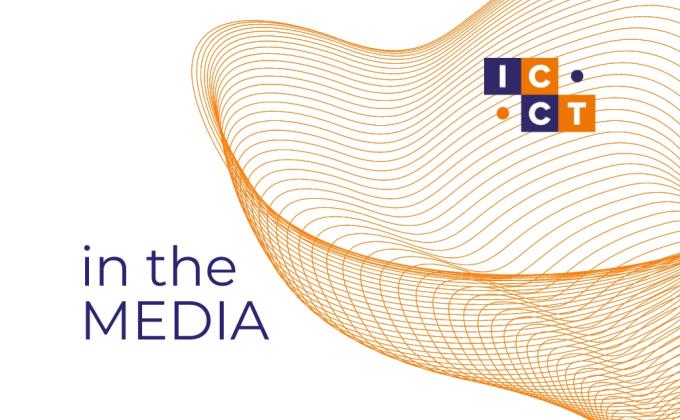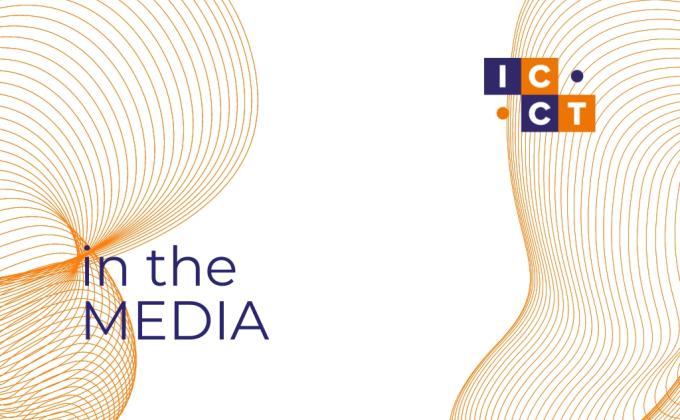
Colin P. Clarke
Contact
Colin P. Clarke is a Senior Research Fellow at The Soufan Center. He is the Director of Policy and Research at The Soufan Group, where his research focuses on domestic and transnational terrorism, international security, and geopolitics. Prior to joining The Soufan Group, Clarke was a professor at Carnegie Mellon University, and a senior political scientist at the RAND Corporation, where he spent a decade researching terrorism, insurgency, and criminal networks. At RAND, Clarke led studies on ISIS financing, the future of terrorism and transnational crime, and lessons learned from all insurgencies since the end of the World War II.
Clarke is also an Associate Fellow at the International Centre for Counter-Terrorism (ICCT), a non-resident Senior Fellow in the Program on National Security at the Foreign Policy Research Institute (FPRI), an Associate Fellow at the Global Network on Extremism and Technology (GNET), and a member of the “Network of Experts” at the Global Initiative Against Transnational Organized Crime.
Clarke serves as part of the research advisory council at the RESOLVE Network and is a member of the advisory board at the International Counter-Terrorism Review (ICTR). He serves on the editorial board of three of the leading scholarly journals in the field of terrorism studies, Studies in Conflict and Terrorism, Terrorism and Political Violence, and Perspectives on Terrorism.
Clarke has briefed his research at a range of national and international security forums, including the U.S. Army War College, US Air Force Special Operations School, Society for Terrorism Research International Conference, the Global Counterterrorism Forum (GCTF) and the Counter ISIS Financing Group (CIFG), which is part of the Global Coalition to Defeat ISIS. In 2011, he spent several months as an analyst with Combined Joint Interagency Task Force-Shafafiyat at ISAF headquarters in Kabul, Afghanistan, working for General H.R. McMaster, the former U.S. National Security Advisor, where he was responsible for analyzing criminal patronage networks in Afghanistan and how these networks fueled the insurgency.
He appears frequently in the media, has been quoted in The New York Times, The Washington Post, and The Wall Street Journal, and has published his research in Foreign Affairs, Foreign Policy, The Atlantic, Politico, Lawfare, and numerous scholarly journals, including Small Wars & Insurgencies, Historical Methods, and Military Operations Research.
Clarke is the author of Terrorism, Inc.: The Financing of Terrorism, Insurgency, and Irregular Warfare, published in 2015 by Praeger Security International and is currently working on Terrorism: The Essential Reference Guide, also by Praeger and due to be published in 2018.
He received his Ph.D. in international security policy from the University of Pittsburgh.



